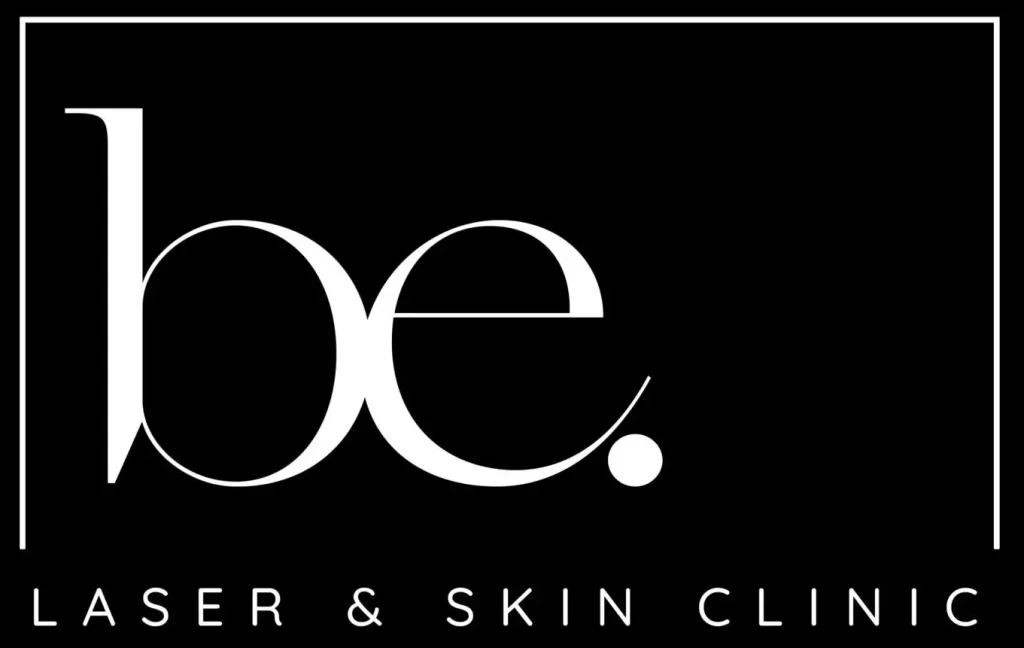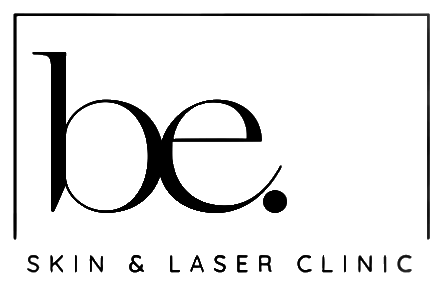Is laser hair removal in summer a risky affair or just a matter of taking the right precautions? While the sun might beckon you outdoors, those considering laser hair removal face a few seasonal challenges. With increased sun exposure and UV rays, protecting your skin becomes paramount to avoiding complications like hyperpigmentation. Yet, with proper care, laser hair removal can be safely conducted. This guide delves into everything you need to know about summer laser hair removal—from suitability and specific precautions to ensuring optimal results without compromising your skin health.
Laser Hair Removal in Summer: Suitability and Precautions
Laser hair removal is a viable option in summer, provided that certain precautions are taken to protect the skin from UV exposure. Sun exposure both before and after treatment can significantly affect the skin, increasing the risk of damage and hyperpigmentation. The interaction between tanned skin and the laser can lead to burns and complications, as the laser may target the increased melanin in the skin rather than the hair follicles. To ensure the effectiveness and safety of treatments, individuals should avoid tanning and limit sun exposure for at least two weeks before undergoing the procedure.
Adhering to specific precautions can enhance the safety and efficacy of summer hair removal treatments:
- Avoid sun exposure for at least two weeks before and after treatment.
- Use a broad-spectrum sunscreen with SPF 30 or higher on treated areas.
- Wear protective clothing to shield treated skin from UV rays.
- Refrain from using tanning beds and self-tanning products.
- Schedule treatments in the evening or when sun exposure is minimal.
Ensuring consistent UV protection is essential for maintaining the results of laser hair removal treatments. The sensitivity of post-treatment skin necessitates a diligent approach to sun protection, as UV exposure can compromise the effectiveness of the procedure and increase the likelihood of adverse effects. Regular application of high-SPF sunscreen and protective clothing will help safeguard the skin and sustain the benefits of laser hair removal throughout the summer months.
Impact of Sun Exposure and Tanning on Laser Hair Removal
A tan can significantly impact the effectiveness of laser hair removal. The increased melanin in tanned skin can absorb more of the laser’s energy, which is meant to target hair follicles. This absorption can lead to an increased risk of burns and skin discolouration, reducing the treatment’s effectiveness. Consequently, individuals are advised to avoid sunbathing and limit sun exposure for at least two weeks before undergoing laser hair removal. Recent tans can complicate the procedure, making it less effective and more prone to side effects.
| Factor | Effect on Treatment |
|---|---|
| Increased Melanin | Higher risk of burns and discolouration |
| Tanned Skin | Reduced laser effectiveness |
| UV Exposure | Increased skin sensitivity post-treatment |
To effectively manage sun exposure, it’s crucial to implement protective measures. Avoid direct sunlight and wear protective clothing during peak sun hours. Applying a broad-spectrum sunscreen with a high SPF to exposed skin can also help mitigate risks. By taking these steps, you can ensure that laser hair removal remains safe and effective, particularly during the summer months.
Post-Treatment Care: Ensuring Optimal Laser Hair Removal Results

Post-treatment care is a critical component in achieving the best results from laser hair removal, particularly during the summer months. The skin becomes more sensitive after treatment, necessitating careful attention to avoid UV damage and irritation. Proper aftercare not only preserves the effectiveness of the procedure but also minimises the risk of complications such as hyperpigmentation or redness. Ensuring that the skin is protected from direct sunlight and other environmental factors is key to maintaining a smooth and blemish-free appearance.
Here are some essential post-treatment care tips to follow:
- Use a high-SPF sunscreen: Apply a broad-spectrum sunscreen with SPF 30 or higher to treated areas to shield against UV rays.
- Wear loose-fitting clothing: Choose clothing that reduces friction and allows the skin to breathe, preventing irritation.
- Avoid direct sun exposure: Stay out of the sun as much as possible, especially during peak hours, to reduce the risk of damage.
- Refrain from using heat-based skin treatments: Avoid saunas, hot tubs, and steam rooms, as they can intensify skin sensitivity.
- Moisturise regularly: Keep the skin hydrated with a gentle, fragrance-free moisturiser to support healing.
- Avoid products with harsh chemicals: Steer clear of exfoliants or peels that can irritate the treated areas.
By adhering to these aftercare practices, individuals can enhance the outcome of their laser hair removal treatments. The use of high-SPF sunscreen and protective clothing helps shield sensitive skin from harmful UV exposure, while other measures, such as wearing loose clothing and avoiding heat-based treatments, reduce irritation and support the skin’s natural healing process. Collectively, these steps contribute to optimal treatment results and diminish the likelihood of adverse side effects, ensuring smoother, healthier skin throughout the summer.
Managing Skin Sensitivity and Potential Side Effects
Skin sensitivity is notably heightened during the summer months, primarily due to increased temperatures and higher UV exposure. The skin’s natural defences can be compromised, making it more susceptible to irritation and inflammation following laser hair removal. This increased sensitivity necessitates strict adherence to post-treatment care guidelines to mitigate potential complications. Avoiding laser hair removal on sunburnt skin is crucial, as the laser’s energy can further aggravate the condition. Ensuring the skin is well-prepared and protected from the sun can significantly reduce the likelihood of adverse reactions.
Common side effects from laser hair removal and their management strategies include:
-
Redness and Swelling: Apply a cold compress to soothe the area and reduce inflammation.
-
Itching or Mild Discomfort: Use a gentle, fragrance-free moisturiser to keep the skin hydrated and alleviate discomfort.
-
Temporary Changes in Skin Colour: Protect the skin from sun exposure with high-SPF sunscreen to prevent further discolouration.
- Crusting or Blistering: Avoid picking at the skin and use a healing ointment to promote recovery.
It is advisable to seek professional advice if side effects persist beyond the expected recovery period. Prolonged redness, severe discomfort, or signs of infection warrant immediate consultation with a specialist. Prompt attention can prevent further complications and ensure the skin recovers fully. Adhering to professional guidance and tailored aftercare can optimise the benefits of laser hair removal, even during the more challenging summer months.
Frequently Asked Questions about Summer Laser Hair Removal
Is laser hair removal safe during the summer months?
Yes, laser hair removal can be safely performed in summer with proper precautions. Protecting the skin from sun exposure both before and after treatments is crucial to avoid complications. Consulting with a professional can ensure tailored advice that suits individual needs and lifestyles, particularly in the summer.
How many sessions are typically required for effective results?
The number of sessions varies based on individual hair growth and skin type. Generally, multiple sessions are needed to achieve optimal results. A professional consultation will provide a personalised treatment plan, determining the best frequency of sessions tailored to your specific requirements.
How should I prepare my skin for laser hair removal during summer?
Preparation involves avoiding sun exposure and not using tanning products before treatment. Keeping the skin cool and clean will mitigate potential side effects. Seeking guidance from experts like those at Be. Laser & Skin Clinic Taunton can ensure your skin is well-prepped for the procedure.
Is laser hair removal effective on tanned skin?
Tanned skin can reduce the effectiveness of laser treatments due to increased melanin. This may lead to complications such as burns or discolouration. Consulting with a specialist can help assess your skin’s condition and adjust treatment settings accordingly.
What side effects should I be aware of, and how can I manage them?
Common side effects include redness, swelling, and temporary changes in skin colour. Applying a cold compress or gentle moisturiser can alleviate discomfort. Persistent side effects should be addressed by a professional, ensuring safe and effective recovery.
Final Words
Navigating laser hair removal in summer requires thoughtful precautions.
As temperatures rise, understanding the suitability of this treatment
is crucial for avoiding complications caused by UV exposure.
Recognising the impact of sun exposure is vital for safe procedures.
Additionally, diligent post-treatment care ensures optimal results.
Implementing these practices visibly enhances benefits while minimising side effects.
This article, addressing “What You Need to Know About Laser Hair Removal In Summer”,
underlines the importance of consulting professionals.
Guidance tailored to individual skin needs safeguards against risks, leaving skin rejuvenated.
Embrace these steps and enjoy summer-ready skin with confidence.
FAQ
What do you need to know about laser hair removal in summer at home?
Laser hair removal can be performed safely in summer if proper precautions are taken. Protect the treated area from sun exposure and follow aftercare instructions to minimise risks and ensure effective results.
What happens if you go in the sun after laser hair removal?
After laser hair removal, treated skin can become more sensitive to UV rays. Sun exposure may lead to pigmentation changes or irritation, so it’s crucial to avoid sun exposure to protect skin health.
How long should you stay out of the sun before undergoing laser hair removal?
Avoid sun exposure for at least two weeks before laser hair removal. Tanned skin may increase the risk of burns and complications during the treatment, affecting the overall results.
Why is it important to avoid tanning before laser hair removal?
Laser treatments are less effective and may be riskier on tanned skin. Tanning prior to a session can also heighten the likelihood of adverse effects like burns or skin irritation.
Is it safe to get laser hair removal in the summer?
Yes, it is safe to undergo laser hair removal in summer with appropriate measures. Shield the skin from UV exposure and adhere to pre and post-treatment care for optimal outcomes and reduced side effects.





